- Welcome to FictionDB, Guest
- | My Account
- | Help

Arturo's Island — Elsa Morante
buy the book from amazon
Paperback editions:
Hardcover editions:
eBook editions:
Audio editions:
Large Print editions:
Browse Similar Books at Amazon
Literature & Fiction->United States->Classics
Literature & Fiction->Literary
Literature & Fiction->Classics
Teen & Young Adult->Literature & Fiction->Classics
Literature & Fiction->Genre Fiction->Coming of Age
Science Fiction & Fantasy->Fantasy->Magical Realism
Description
Elsa Morante's novels were once considered the greatest of Italy's postwar generation. Here, Ann Goldstein's “deft translation” (Madeline Schwartz, New York Review of Books) of Arturo's Island heralds a “second life” for the beloved author, finally garnering Morante “the new readers she deserves” (Lily Tuck, Wall Street Journal). Imbued with a spectral grace, the novel follows the adolescent Arturo through his days on the isolated Neapolitan island of Procida, where -- his mother long deceased, his father often absent, and a dog as his sole companion -- he roams the countryside or reads in his family's lonely, dilapidated mansion. This quiet, meandering boyhood existence is existentially upended when his father brings home a beautiful sixteen- year- old bride, Nunziatella. A novel of thwarted desires, written with “the power of malediction” (Dwight Garner, New York Times), Arturo's Island reemerges to take its rightful place in the world literary canon.
CERTAIN CONTENT THAT APPEARS ON THIS PAGE COMES FROM AMAZON. THIS CONTENT IS PROVIDED ‘AS IS’ AND IS SUBJECT TO CHANGE OR REMOVAL AT ANY TIME.
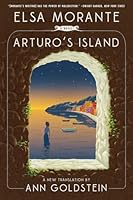
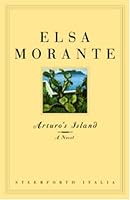
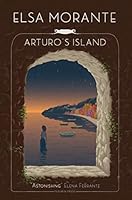
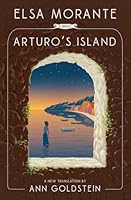
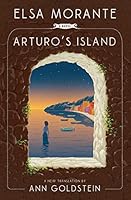
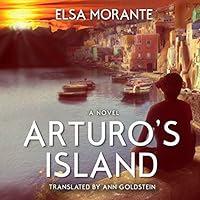
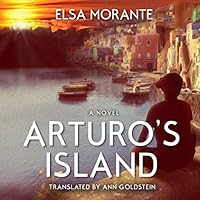
 Amazon UK
Amazon UK